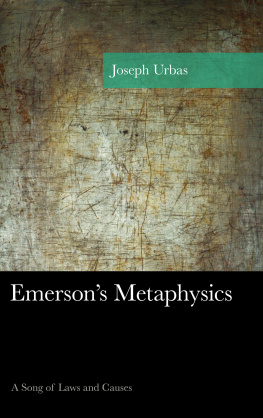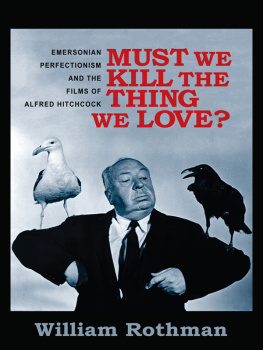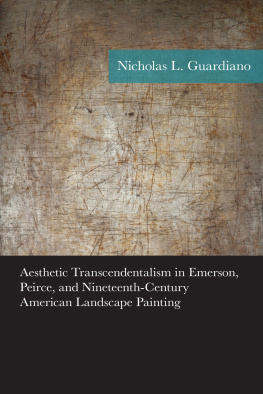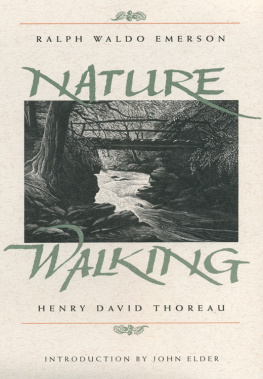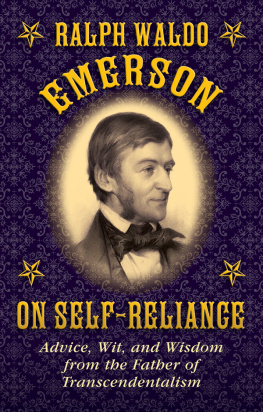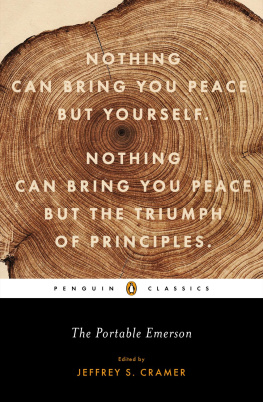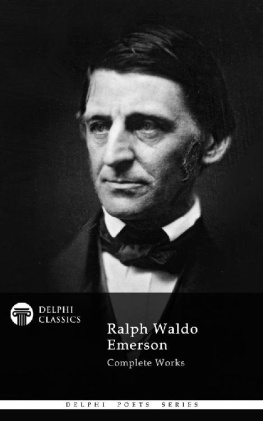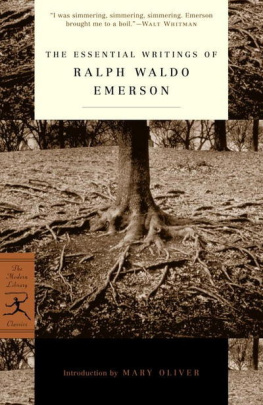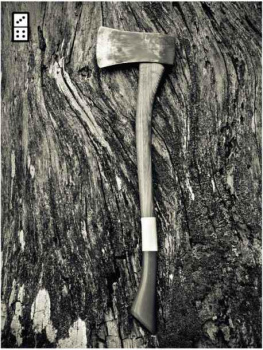Emerson Ralph Waldo - Essays and Poems by Ralph Waldo Emerson
Here you can read online Emerson Ralph Waldo - Essays and Poems by Ralph Waldo Emerson full text of the book (entire story) in english for free. Download pdf and epub, get meaning, cover and reviews about this ebook. year: 2005, publisher: BARNES & NOBLE, genre: Science. Description of the work, (preface) as well as reviews are available. Best literature library LitArk.com created for fans of good reading and offers a wide selection of genres:
Romance novel
Science fiction
Adventure
Detective
Science
History
Home and family
Prose
Art
Politics
Computer
Non-fiction
Religion
Business
Children
Humor
Choose a favorite category and find really read worthwhile books. Enjoy immersion in the world of imagination, feel the emotions of the characters or learn something new for yourself, make an fascinating discovery.

- Book:Essays and Poems by Ralph Waldo Emerson
- Author:
- Publisher:BARNES & NOBLE
- Genre:
- Year:2005
- Rating:3 / 5
- Favourites:Add to favourites
- Your mark:
- 60
- 1
- 2
- 3
- 4
- 5
Essays and Poems by Ralph Waldo Emerson: summary, description and annotation
We offer to read an annotation, description, summary or preface (depends on what the author of the book "Essays and Poems by Ralph Waldo Emerson" wrote himself). If you haven't found the necessary information about the book — write in the comments, we will try to find it.
Essays and Poems by Ralph Waldo Emerson — read online for free the complete book (whole text) full work
Below is the text of the book, divided by pages. System saving the place of the last page read, allows you to conveniently read the book "Essays and Poems by Ralph Waldo Emerson" online for free, without having to search again every time where you left off. Put a bookmark, and you can go to the page where you finished reading at any time.
Font size:
Interval:
Bookmark:
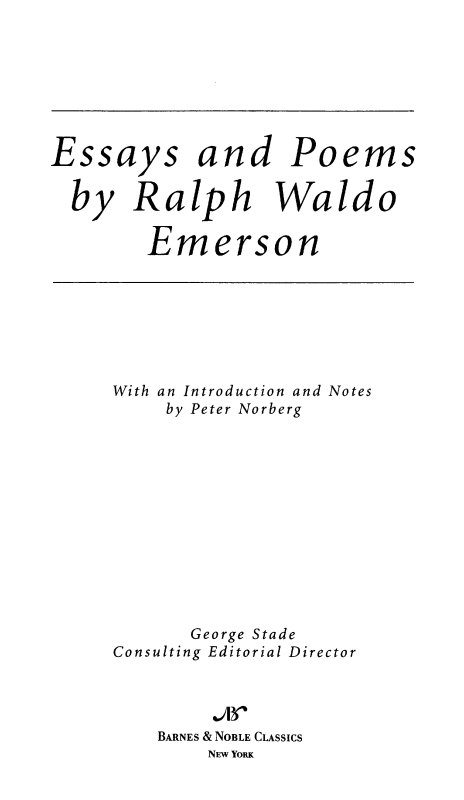
by Ralph Waldo Emerson
I was no longer brave;
My avarice cooled
Like lust in the chill of the grave.
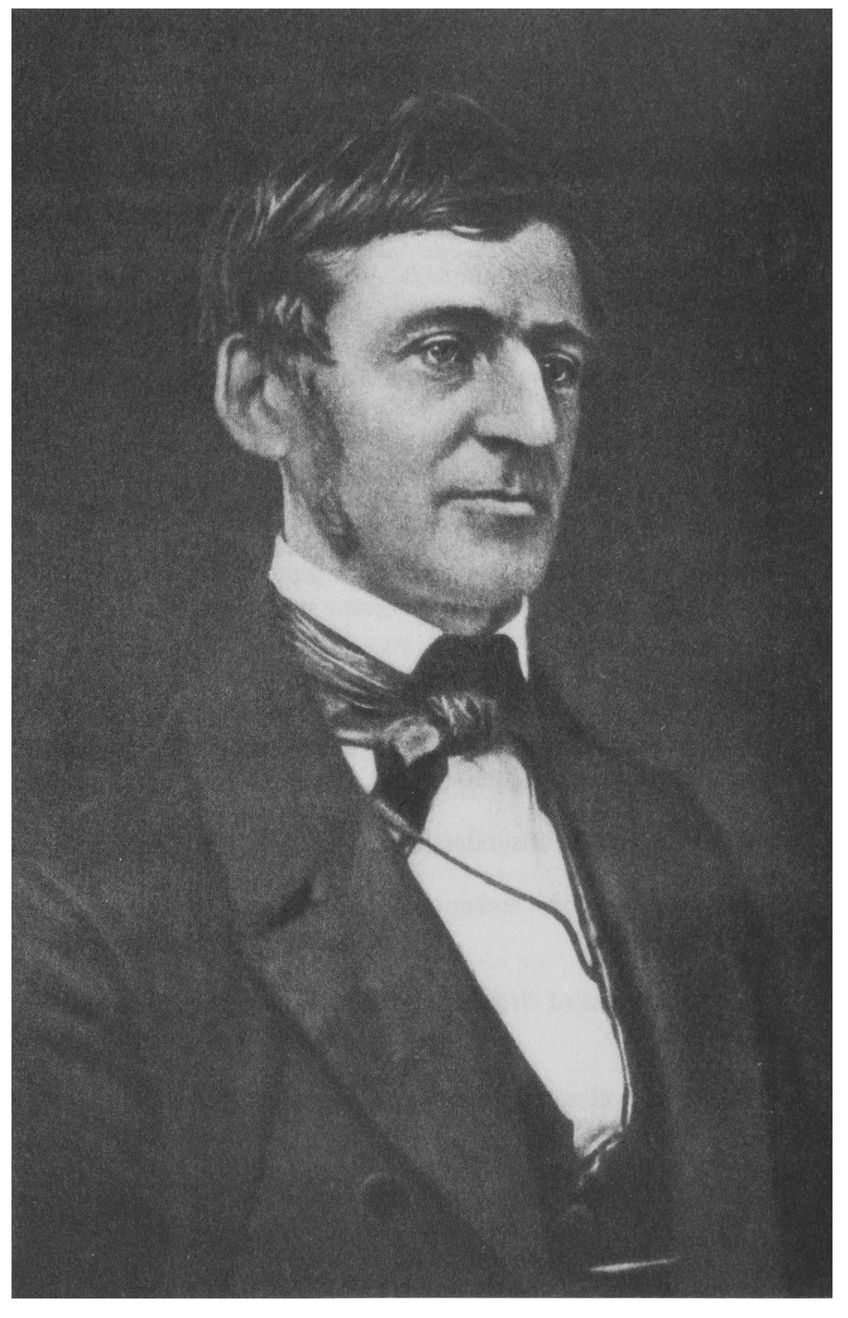
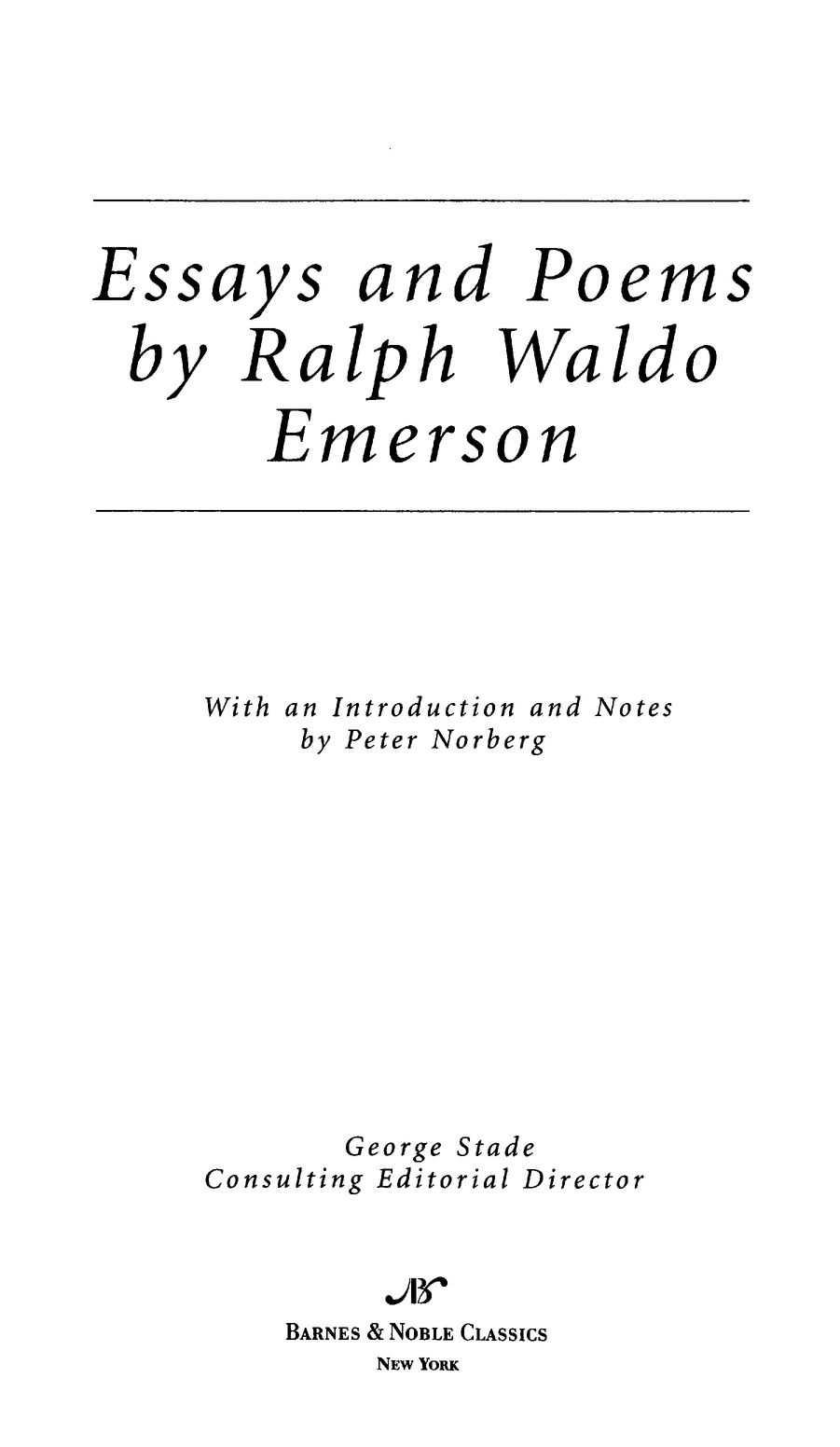
| 1803 | Ralph Waldo Emerson is born on May 25 in Boston, the fourth of eight children of William and Ruth Emerson. The United States greatly increases its landholdings with the Louisiana Pur chase. |
| 1804 | Nathaniel Hawthorne is born. |
| 1807 | Henry Wadsworth Longfellow is born. England bans the slave trade. William Wordsworths ode Intimations of Immortality from Recollections of Early Childhood appears. |
| 1808 | The first part of Goethes Faust appears. |
| 1809 | Edgar Allan Poe is born. |
| 1811 | Emersons father dies. Ruth Emerson must raise her family on her limited income from taking in boarders. Harriet Beecher Stowe is born. |
| 1812- 1817 | Emerson attends Boston Latin School. War with Britain lasts from 1812 to 1814. Henry David Thoreau is born in 1817. |
| 1817- 1821 | Emerson attends Harvard College. His earliest surviving jour nals appear during this period; he will keep them continuously until the last years of his life. In 1819 James Russell Lowell, Her man Melville, and Walt Whitman are born. In 1820 the govern ment negotiates the Missouri Compromise, which keeps equal the number of states where slavery is legal and illegal. |
| 1821- 1825 | A college graduate, Emerson takes a variety of teaching jobs in and around Boston. In 1822 his first published essay, Thoughts on the Religion of the Middle Ages, appears in the Christian Disciple and Theological Review. |
| 1825 | Emerson enrolls in Harvard Divinity School but withdraws be cause of eyesight problems and early signs of tuberculosis. |
| 1826 | In October the Middlesex Association of Ministers licenses Emerson to preach, and he delivers his first sermon in Waltham, Massachusetts. A month later, again showing signs of tuberculosis, Emerson sails to Charleston, South Carolina, and St. Augustine, Florida, seeking to recover in the warm climate. James Fenimore Cooper publishes |
Font size:
Interval:
Bookmark:
Similar books «Essays and Poems by Ralph Waldo Emerson»
Look at similar books to Essays and Poems by Ralph Waldo Emerson. We have selected literature similar in name and meaning in the hope of providing readers with more options to find new, interesting, not yet read works.
Discussion, reviews of the book Essays and Poems by Ralph Waldo Emerson and just readers' own opinions. Leave your comments, write what you think about the work, its meaning or the main characters. Specify what exactly you liked and what you didn't like, and why you think so.


